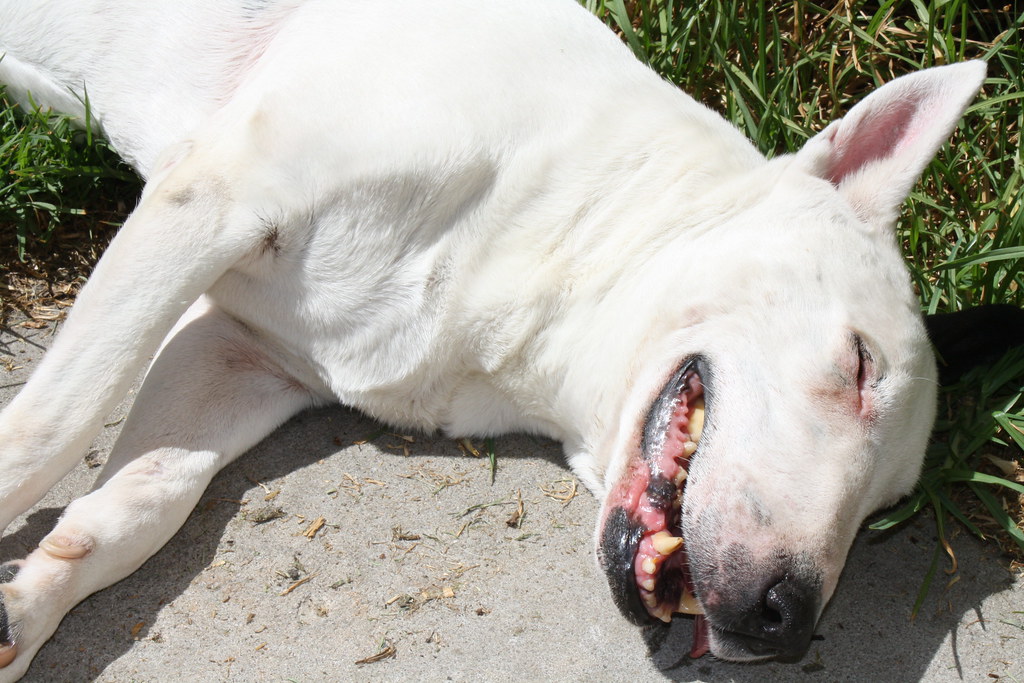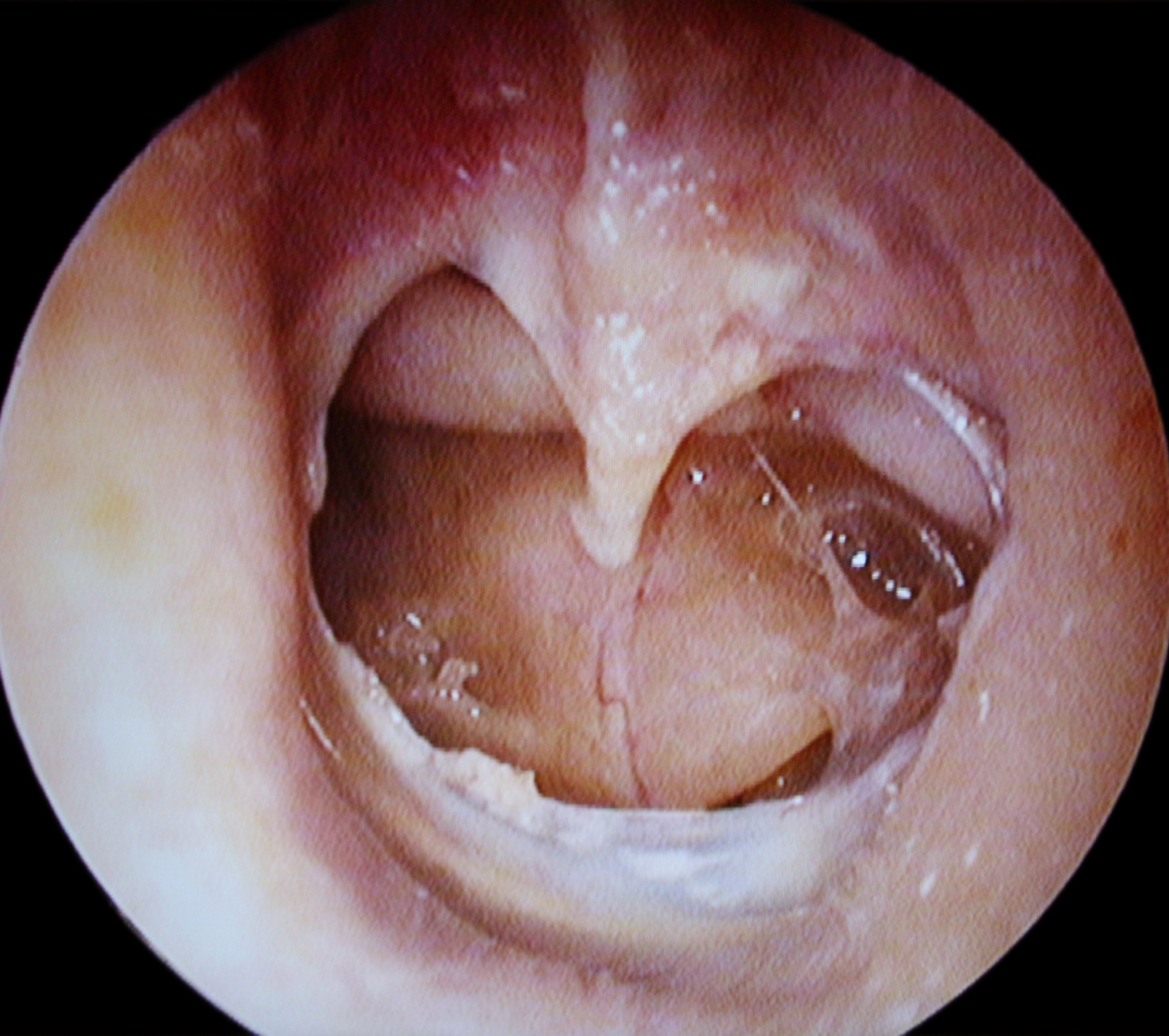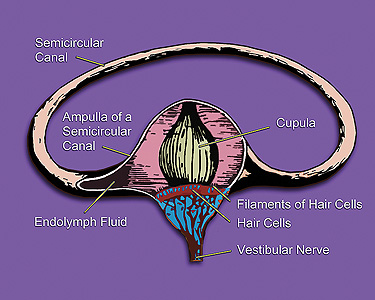Vestibular Syndrome, Not a Stroke
Let’s talk about vestibular disease in pets. This condition mimics what many humans might think is a stroke, but fear not, it looks much worse than it actually is. We will take an in depth look at the symptoms, diagnosis, and prognosis, and see why this condition is quite manageable, and often nothing more than a blip on the radar.

What is the vestibular system?
The vestibular system is that which controls balance within the body. When there is irritation or conditions affecting the vestibular system, animals and or people are often overcome with dizziness, vertigo, and nausea because their balance is off. Most commonly, irritation to the nerves affecting the inner ear will lead to vestibular syndrome.
What can cause this syndrome?
- Recurrent ear infections
- Misaligned atlas vertebrae
- Head injury
- Eardrum injury (often from excessive and improper cleaning)
- Stroke
- Tumor
- And overuse of certain antibiotics
 There can also be no specific cause, as often times in senior animals it happens with no warning. This is referred to as idiopathic vestibular disease.
There can also be no specific cause, as often times in senior animals it happens with no warning. This is referred to as idiopathic vestibular disease.
The symptoms of vestibular syndrome are as follows:
- Nausea
- Vomiting
- Loss of appetite (often due to nausea)
- Inability to walk, circling
- Curling under of limbs
- Head tilt off to one side
- Rapid eye movements (nystagmus)
- Restlessness
- Uncontrolled bowel or bladder
- Lethargy

In older dogs, vestibular syndrome can mimic what a stroke may look like. The incidence of stroke in canines however, is quite low, and more often than not a diagnosis of VD is given based on exclusion.
What to do?
Depending on the severity of the symptoms your pet is having, many veterinarians will prescribe fluids and anti-nausea medication while they are recovering. You will need to continuously help them up and out to go to the bathroom as they may not be able to do it on their own. Some animals will become very stressed out by these episodes and can benefit from various homeopathic and naturopathic calming agents, such as lavender or chamomile.
The good news pertaining to this condition is that it often heals just as quickly as it comes on. I’ve read anywhere from several hours to a couple of weeks until they return to normal. Those that have had one episode of vestibular syndrome are prone to having it again, but now that you know what to look for it is very manageable. Once the underlying cause is addressed, these pets can continue to live a happy and healthy life. If you have further questions or concerns feel free to contact us at 248 602 0807 or advancedanimalchiropractic@gmail.com.










Leave a Reply
Want to join the discussion?Feel free to contribute!